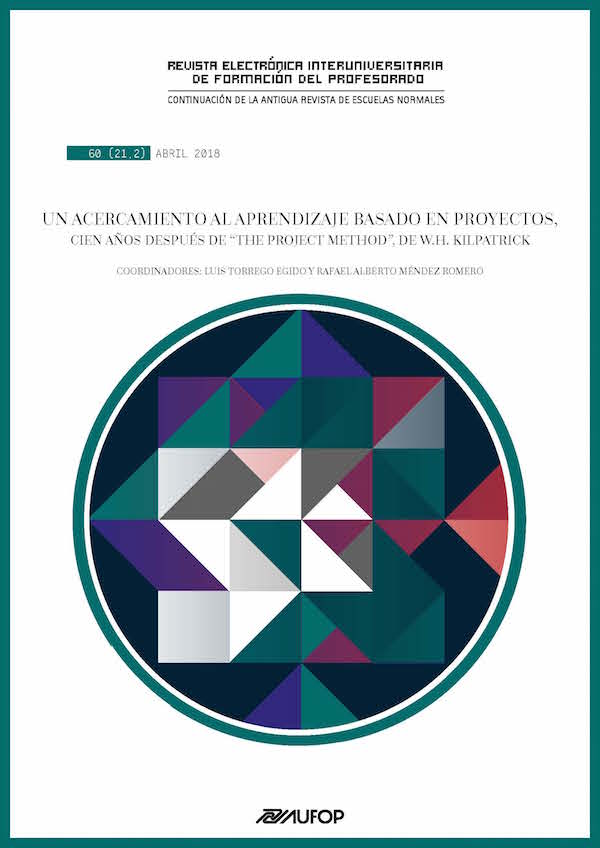Aprendizaje basado en problemas (ABP) y habilidades de pensamiento crítico ¿una relación vinculante?
Resumen
La propuesta metodológica Aprendizaje Basado en Problemas (ABP) se ha convertido en una alternativa atractiva para ejecutar los cambios en los modelos educativos de la educación superior, en particular porque su entorno de aprendizaje es propicio para el desarrollo de habilidades de pensamiento de orden superior, como el pensamiento crítico. Sin embargo, este proceso no ocurre de manera espontánea, es necesario tomar en consideración los aspectos del modelo que pueden influir en el nivel de logro cuando se tiene el objetivo de mejorar estas habilidades en la formación universitaria. En este trabajo se analiza los aspectos más importantes de la metodología ABP y de la enseñanza de habilidades de pensamiento crítico, buscando poner en evidencia los aspectos más sensibles que afectan la relación vinculante entre ellos. Se discute el caso de las modalidades híbridas ABP y se muestran algunos resultados de investigación que sustentan la discusión.
Descargas
-
Resumen32495
-
PDF17713
Los artículos que se publican en esta revista están sujetos a los siguientes términos:
1. El Departamento de Métodos de Investigación y Diagnóstico en Educación de la Universidad de Murcia (España), junto con el Servicio de Publicaciones de la Universitdad de Murcia (Editum) son los editores de la revista REIFOP y conserva los derechos patrimoniales (copyright) de los artículos publicados, permitiendo la reutilización de las mismos bajo la licencia de uso indicada en el punto 2.
2. Las obras se publican en la edición electrónica de la revista bajo una licencia Creative Commons Reconocimiento-NoComercial-SinObraDerivada 3.0 España (texto legal). Se pueden copiar, usar, difundir, transmitir y exponer públicamente, siempre que: i) se cite la autoría y la fuente original de su publicación (revista, editores y URL de la obra); ii) no se usen para fines comerciales; iii) se mencione la existencia y especificaciones de esta licencia de uso.
3. Condiciones de auto-archivo. Se permite y se anima a los autores a difundir electrónicamente las versiones pre-print (versión antes de ser evaluada) y/o post-print (versión evaluada y aceptada para su publicación) de sus obras antes de su publicación, ya que favorece su circulación y difusión más temprana y con ello un posible aumento en su citación y alcance entre la comunidad académica. Color RoMEO: verde.















